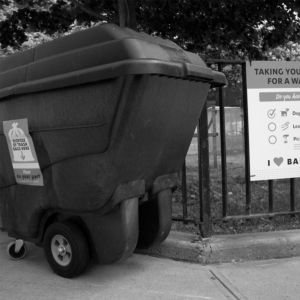U.S. Department of Labor Program Optimization
Work isn’t just about earning a paycheck. It is also an important source of identity and personal dignity for most people. In the United States, the U.S. Department of Labor (DOL) seeks to advance opportunity and improve working conditions for workers across all industries, and this work requires bringing all available tools to the table – including behavioral science.
In order to successfully achieve their goals, DOL agencies and programs must effectively engage with the people, firms, and organizations they serve. Failing to consider what behavioral science tells us about real human decision-making behavior can limit the effectiveness of programs operated by DOL—which include unemployment insurance and other employment and training programs, occupational health and safety, protection of workers’ rights, and enforcement of labor laws, among others.
As we have seen across other Federal programs, insights from behavioral science can identify the often hidden obstacles limiting effectiveness of well-intentioned programs, and substantially improve their operations and end results. That’s exactly what we did in partnership with Mathematica Policy Research and the DOL Chief Evaluation Office: we applied behavioral insights to selected Labor programs. Our work included reducing the number of employers referred to debt collection for failing to resolve health and safety hazards by simply revising the citation processes used by the Occupational Safety and Health Administration. We also encouraged more federal employees to save for retirement. And we helped the unemployed move forward in finding their next job with simple, timely email campaigns.
We also produced resources that other social programs can use to apply behavioral insights to maximize the impact of their own work. You can read more about this work on Mathematica Policy Research’s website or the U.S. Department of Labor’s Chief Evaluation Office website. Any inquiries about this project should be sent to Irma Perez-Johnson at IPerez-Johnson@mathematica-mpr.com or Megan Lizik at Lizik.megan@dol.gov.
Interested in learning more about our behavioral approach to this project? Reach out to us at matthew@ideas42.org or tweet at @ideas42 and @MathPolResearch to join the conversation.
This work was funded by the U.S. Department of Labor and led by Mathematica Policy Research. The views expressed are those of the authors and should not be attributed to the Federal Government or the U.S. Department of Labor.









